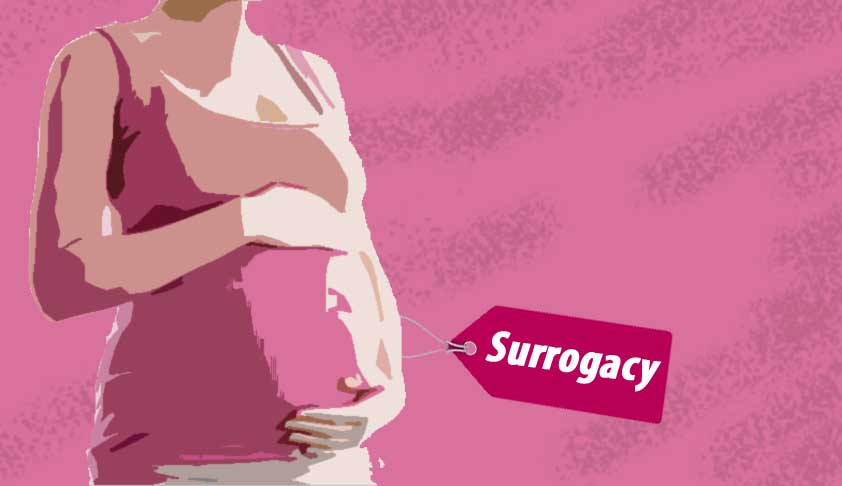- Home
- /
- Cover Story
- /
- Barren Surrogacy Bill prescribes...
Barren Surrogacy Bill prescribes the ideal “Parivar”
Avni Shrivastav
1 Sept 2016 9:17 PM IST
In an effort to safeguard the rights of the surrogate mother and regulate the commissioning of surrogacy, the Union Cabinet on last Wednesday cleared the draft Surrogacy (Regulation) Bill, 2016, to be introduced in the Parliament.Once in place, the Bill will impose a blanket ban on commercial surrogacy in India and instead only altruistic surrogacy would be permitted. Streamlining further,...
Next Story



